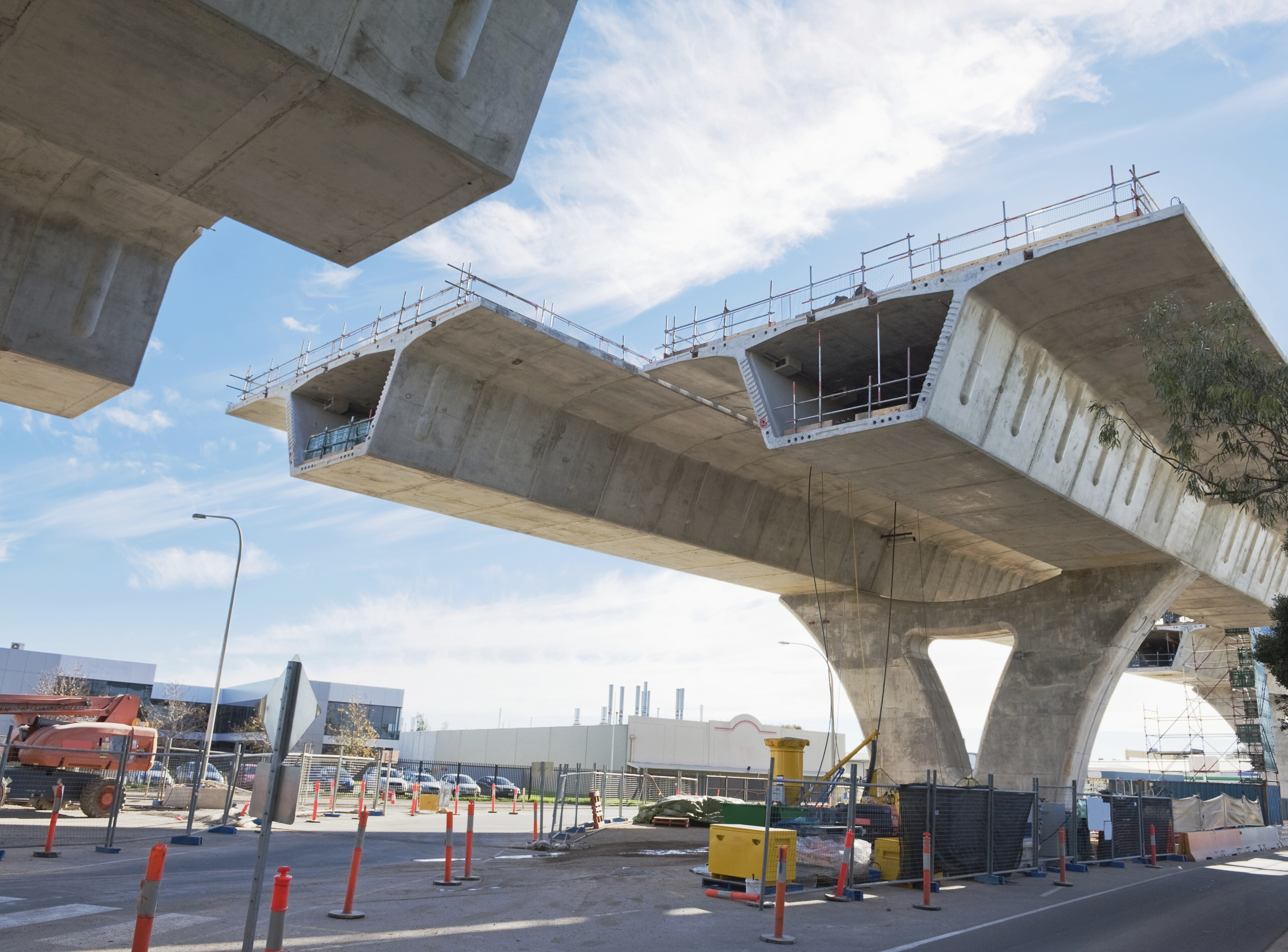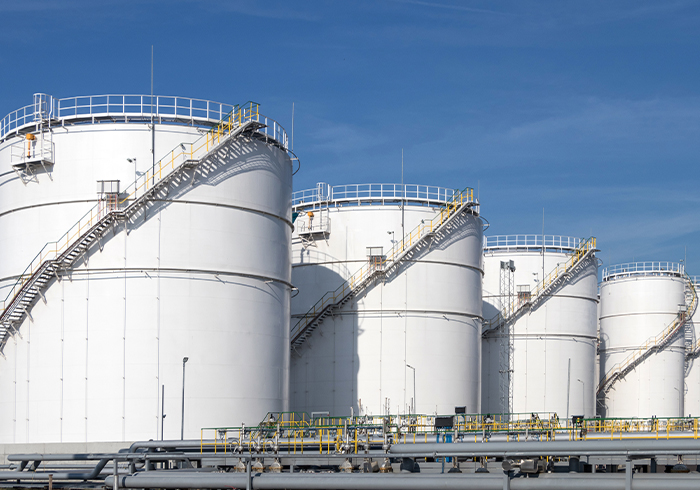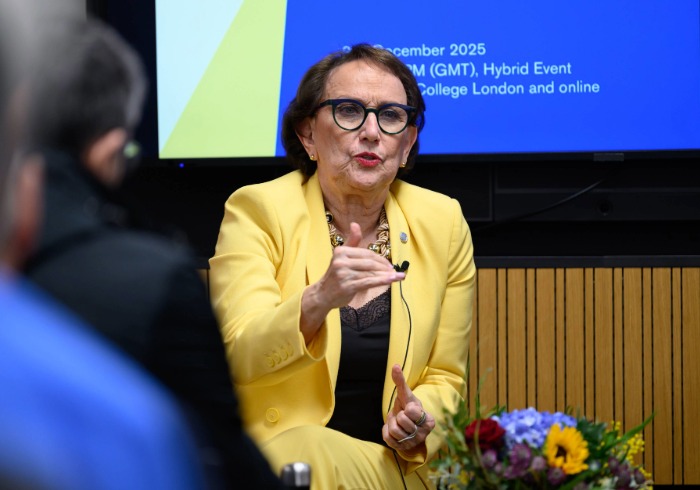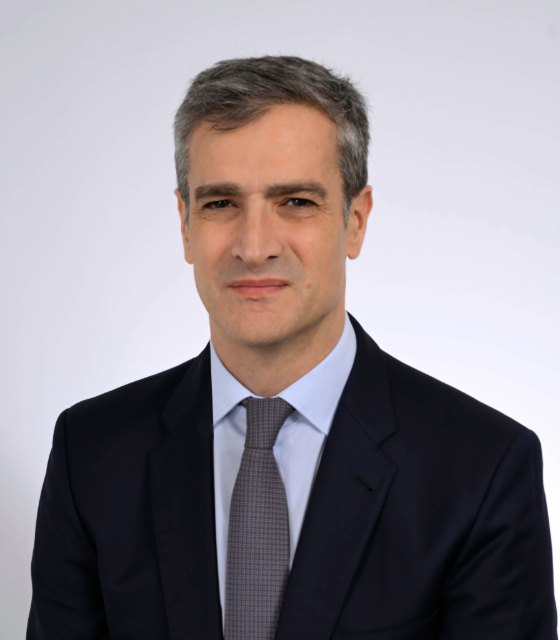After years of delay, the consortium mandated to construct, finance and manage a highway system linking two major Ghanaian cities has been granted an official concession by the government. Shannon Manders reports.
The Arterial Toll Roads Company was originally mandated by the Ghanaian government to build dual carriageways in Ghana in 2005. But apprehension within the former Ghanaian government meant that plans were delayed, and the company struggled to obtain an official concession.
An official concession has now been approved and granted by the country’s ministry of roads and highways, with cabinet and parliamentary approval expected to be provided in January 2010.
The Arterial Toll Roads Company comprises a consortium of multinational companies including US development and construction firm Savarino Companies with expertise in infrastructure and tolling globally and in Africa.
The first phase of the Ghanaian road project – the dualisation and tolling of the Kumasi to Accra portion of the N6 roadway – aims to construct a roadway and tolling regime to link Ghana’s two major commercial centres, and has an estimated cost of US$400mn.
The roadway is a major truck route that links land-locked West African countries to the port of Accra, and is fraught with accidents that have hampered the development of necessary infrastructure to enhance the lives of its citizens.
It is believed that tolling is the essential tool to develop the necessary road infrastructure. The road itself will link but bypass towns and villages, reducing the 250km journey from nearly six hours to just over two hours. “The new carriageway toll road will pay dividends in the reduction of accidents, fuel usage, insurance and maintenance costs, and trucking productivity. It will also open up the Accra to Kumasi corridor to further investment and development,” says Samuel Savarino, co-chairman and director of Arterial Toll Roads Company and CEO of Savarino Companies.
This project represents the first step in a larger strategy for Ghana to use public-private partnerships (PPP) to transform the country’s patchwork roadway system into a safe, cost-effective and integrated transportation network – thus establishing a firm foundation for future economic development efforts in Ghana, says Howard Hurst, co-chairman and CEO of Arterial Toll Roads Company and FD of Savarino Companies.
Project delays
Hurst explains that although his company had received approval from Ghana’s former New Patriotic Party (NPP) government, its ministry of roads and transport and also from the Bank of Ghana to go ahead with the project before the election in December 2008, there appeared to be some apprehension on behalf of that ministry about entering into a PPP.
Hurst adds that in 2008, Ghana was entering an election year and the priorities of the NPP government changed, causing further delay to the project.
“After the election, we found that the newly-elected NDC [National Democratic Congress] government was focused on developing the road sector and open to the PPP concept in order to provide the necessary infrastructure for Ghana.”
Hurst believes that the new government has shown an understanding of the need to use the private sector and attract multinational companies to enhance the economy and provide the necessary financing and infrastructure.
Speaking to GTR, Ghana’s deputy minister – roads and highways, Robert Joseph Mettle-Nunoo, comments: “What I can assure you is that the present government sees the merit in the Arterial Toll Roads’ expansion of the central corridor.
“That is why I took a personal interest in ensuring that whatever they had intended which didn’t happen many years ago is now fast-tracked. And that’s why we’re happy to inform you that we are very close to getting cabinet and parliamentary approval.”
Mettle-Nunoo commends the Arterial Toll Roads Company for their commitment in following through with the project. “There are not many investors who would commit to follow a project this long when everything appeared to be very clearly above board and extremely transparent, and you begin to wonder why it is that the government is unable to take the facility,” he says.
Financing
The Arterial Toll Roads Company has been working with the Dutch development bank FMO, South Africa’s IDC, Frontier Markets Fund Managers, and African Infrastructure Investment Managers (AIIM) to provide financing for the project through equity and debt. US Ex-Im will also provide financing for goods and services that originate in the US through Savarino Companies.
Funding for the first stage of the project has been substantially arranged, says Hurst without giving any figures. “We have been utilising Macquarie First South as our financial advisor, and working with Standard Bank as our loan arranger.”
According to the CEO, all debt financing will be drawn down upon financial close, which he expects to obtain within the next six months.
“We have already invested substantial equity funding into the project. Additional equity funding will be invested throughout the pre-construction period leading to financial close.”
In the meantime, the company is working to finalise the design and engineering for the roadway, and will commence preliminary construction on parliamentary approval and ratification before financial close, with an anticipated construction programme of 48 months.
Ghana is guaranteeing both cashflow and traffic counts for the roadway. In addition, Ghana would make available any necessary guarantees to lenders that require the same. However, Hurst explains that the project is expected to be self-sufficient in its own right.
PPPs in Ghana
To help the government accomplish the full spectrum of the project, the Arterial Toll Roads Company is working in partnership with the Private Infrastructure Development Group, a coalition of donors that include the UK Department for International Development (DFID), the Swiss State Secretariat for Economic Affairs (Seco), the Netherlands Ministry of Foreign Affairs (DGIS), the Swedish International Development Corporation Agency (Sida), the World Bank’s IFC, the Austrian Development Agency (Ada) and Irish Aid, which mobilises private sector investment to assist developing countries to provide infrastructure vital to boost their economic development and combat poverty.
“Every great economy needs a great road network,” says Ziyaad Sarang, director: head of infrastructure, project finance at Standard Bank in Johannesburg, who believes that the project is paving the way for more PPPs in Ghana. “This project will result in significant benefits to Ghana, as an upgrade to the main corridor will link Accra and other major populated regions to the food basket of the country, its major cocoa growing area, and its mining, timber and other natural resources. Improvements to the road network facilitate trade, increase property values, provide employment and create opportunities – all resulting in increased GDP.”
Standard Bank was the financial advisor and lender on the Lekki Toll Road in Nigeria, which reached financial close in September 2009. “This was the first toll road in West Africa,” says Sarang. “It took four years to reach financial close, but since that road came to market there are now six road PPPs in Nigeria alone.”
Standard Bank is also advising on the Nairobi toll road in Kenya. According to Sarang, Zambia has also recently brought four toll roads to the market; South Africa has two more in the pipeline; and Mauritius is expecting one more in 2010.
“Governments in Africa are now embracing the PPP model in order to start making a dent in the infrastructure backlog that Africa has been suffering from for such a long time,” he explains.
“Africa need urgently to develop regional and sub-regional road network infrastructure to open up her regional markets to meet global demands,” emphasises deputy minister Mettle-Nunoo. .








